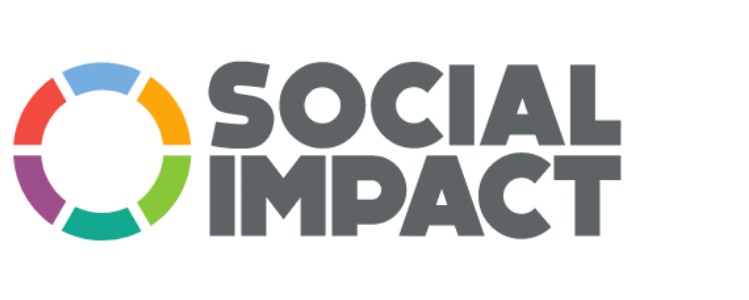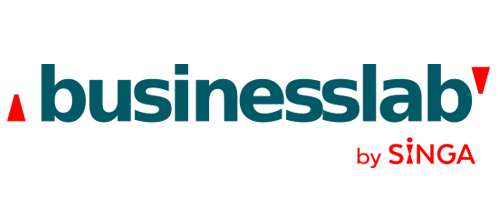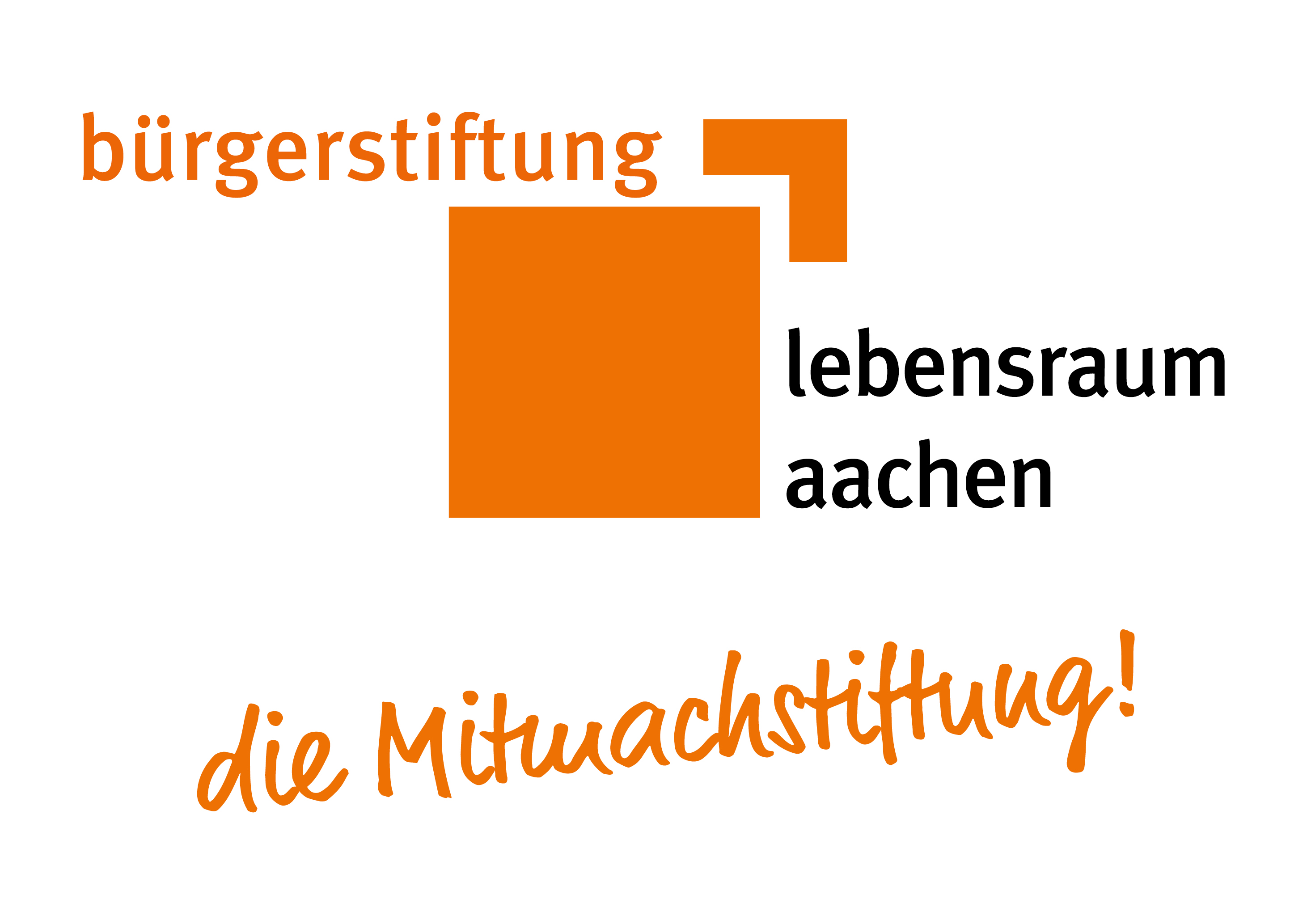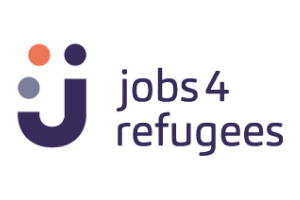Germany is the third largest refugee-hosting country in the world. More than 2.2 million refugees have arrived here since 2015. And since the outbreak of the war on the Ukraine, over 900.000 refugees from Ukraine have received temporary protection in the country.
Getting a job is one of the key pillars for the successful integration of these newcomers. It sets them on a path of empowerment: to build a livelihood, provide for their family and live a dignified life.
With conflicts and the climate crisis – the main causes of forced migration – on the rise, and an acute shortage of skilled workers, successful models for labour market integration are more important and urgent than ever.
That is why The Human Safety Net supports newcomers on two complementary paths into the job market. The first is focused on employability. These programs help newcomers build their technical as well as soft skills and match them with traineeships or full-time jobs in sectors where there is an acute demand. The second is all about entrepreneurship. These programs support newcomers to set up new businesses in a wide range of sectors, ranging from retail to physiotherapy and from e-commerce to construction.
Both approaches are in the service of a shared mission: to unlock the potential of newcomers to contribute to Germany’s society and economy and to change the narrative about migration more broadly.











